What Are ISRC Codes | Every Independent Musician Must Know
Aug 02, 2023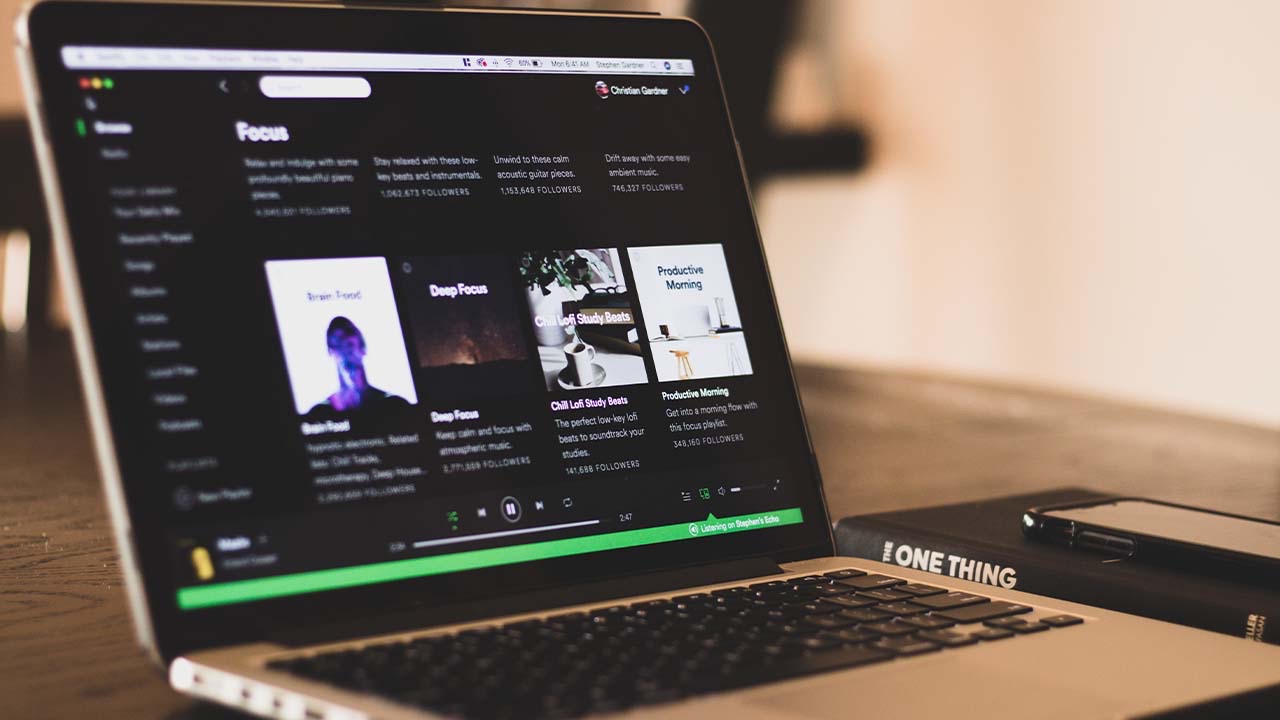
In today's world, the advancement of technology has made it easier than ever for artists and musicians to turn their craft into a lucrative business independently. While signing up with labels was an inevitable path to pursue music as a career, nowadays, musicians can record songs, publish their work, and receive revenue all from the comfort of their homes.
This is exactly what I do as a musician, I work from home, I record music, and I tour the world plus I make a comfortable living from it. Through my journey, I've learned a lot about what you need to have in place to make sure you're getting paid for all your work and this is why I created this post on ISRC codes.
With all the different streaming platforms, radios, and other media for sharing music, being able to track your music is critical to ensure you don’t miss out on revenues from here and there. Thankfully, this task is made possible through International Standard Recording Codes (ISRC codes).
All the songs you hear on streaming platforms, radio, or YouTube have their own unique ISRC codes, allowing owners to identify and track them through different services. For Instance, independent artists and labels can track and receive performance royalties from non-interactive platforms through sites like Soundexchange.
If you’re new to the business side of music, knowing the foundations and regulations regarding royalty collection and copyright protection are vital to ensure you get paid for what you do. In this post, I’ll explore what ISRC codes are, if you need them, and how to get them.
What Are ISRC Codes?
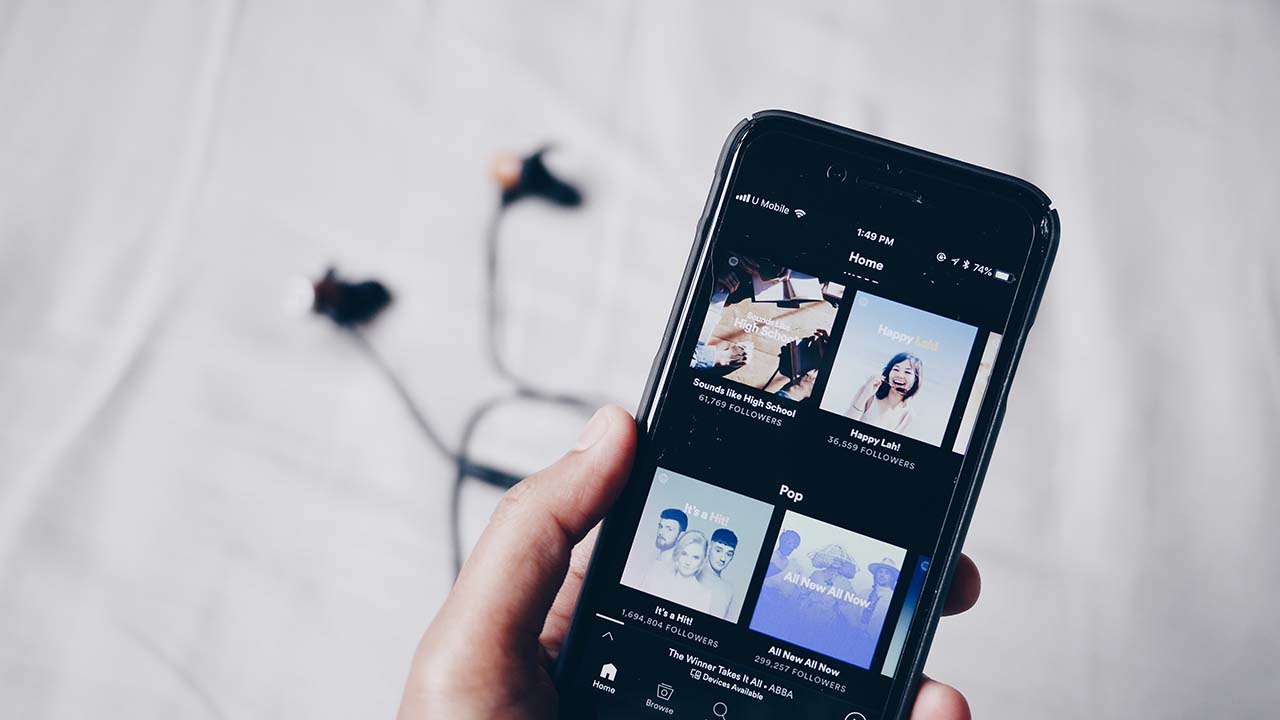
Short for International Standard Recording Code, ISRC codes are developed and standardized by the International Federation of the Phonographic Industry (IFPI).
The primary purpose of an ISRC code is to identify and track sound recordings and music videos throughout the digital world.
These codes are encoded into the sound recordings and let the rights holder track sales of a record and find out where and where they were streamed worldwide.
An ISRC code is made of 12 alphanumeric characters that, at first, might look random. However, these characters are indicators of some information about the sound recording. Let’s break down an ISRC code as an example.
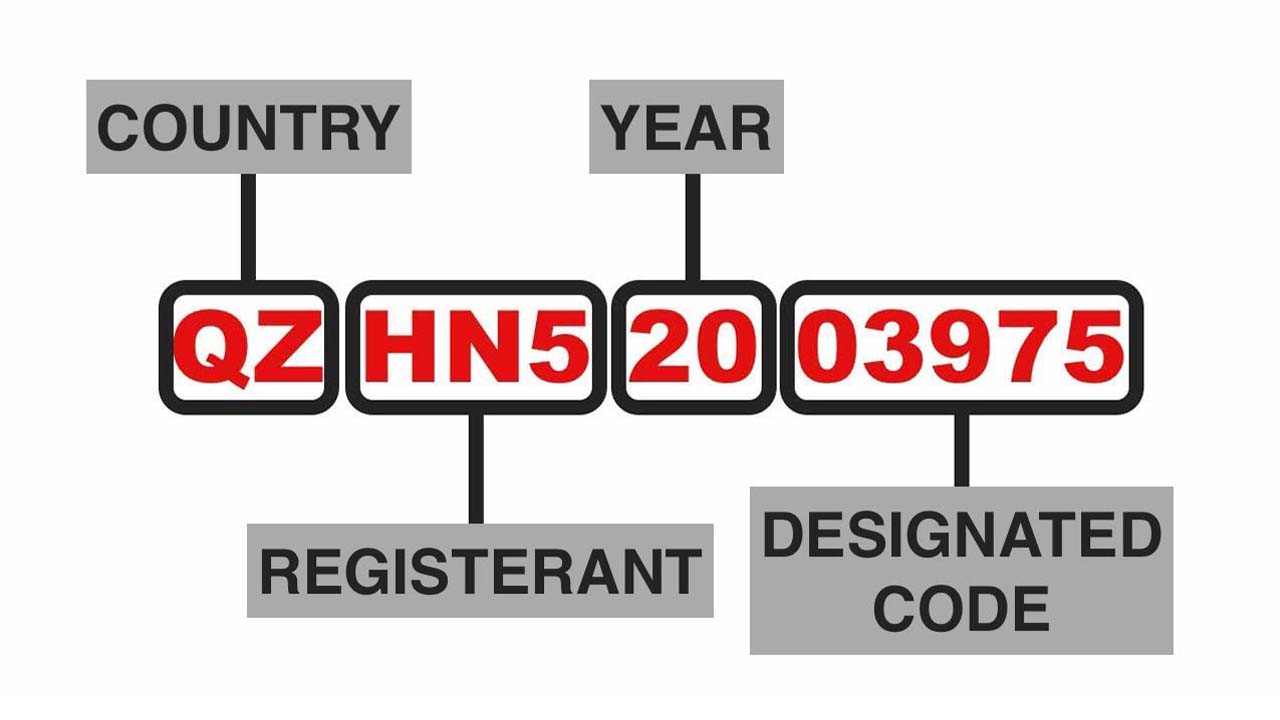
The picture above shows the ISRC code to one of my tracks, “King of My Own,” which you can find on all major streaming platforms.
As indicated:
- The first two characters show the country or region where the code was assigned. (In this case, “QZ” represents the US National ISRC Agency. Other character combinations that indicate the same region are “US” and “QM.”)
- The next three characters represent the identity that holds the rights to that recording. (Even if the rights are transferred to another owner down the line, these characters stay the same.)
- The next two numbers show the year in which this specific ISRC code was generated; in this case, 2020.
- The last five numbers represent the specific code that the rightsholder has given to this sound recording in particular.
Do You Need An ISRC Code?
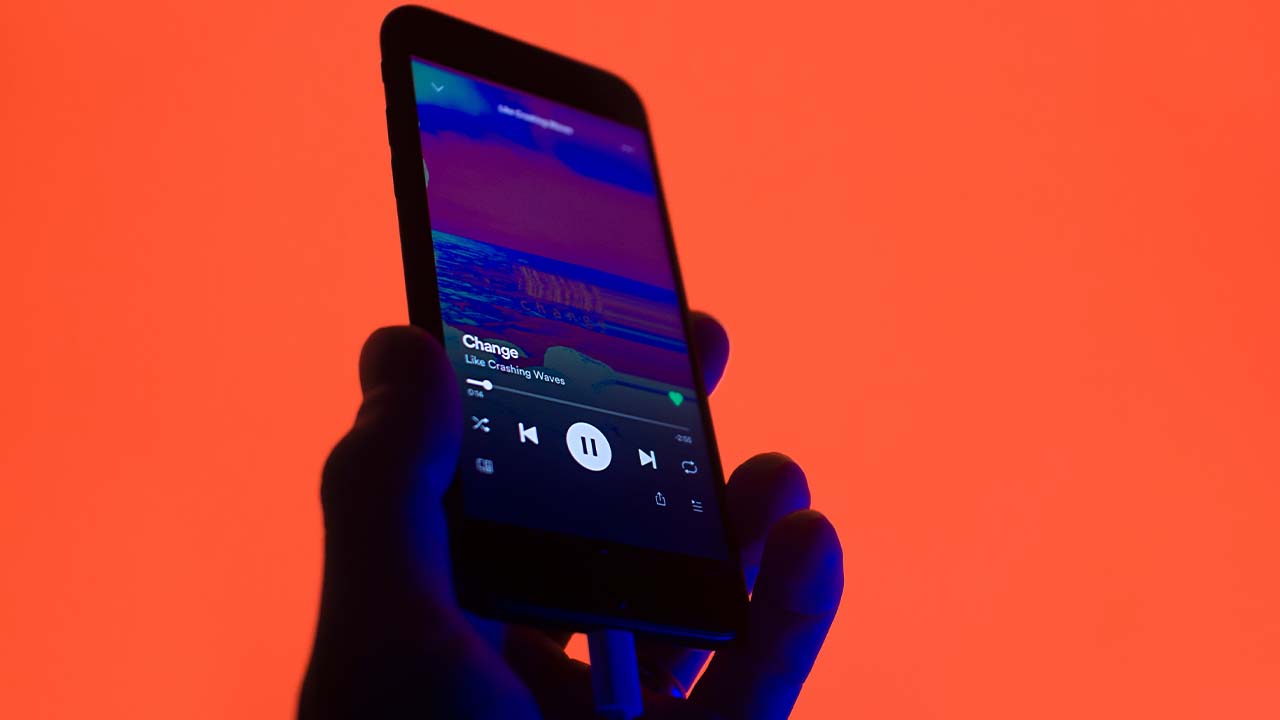
Regardless of what type of sound recording you’re putting out for public use, you’ll need ISRC codes for each and every one of them. It’s the first step towards monetizing your work.
Uploading music to Spotify and Apple Music requires ISRC codes for each song, even if it’s not originally your song. So, if you’re releasing a cover song or a remix, you’d need a unique ISRC code for that specific piece of recording.
That’s true for instrumentals as well. Suppose you’ve already had a popular song on streaming platforms, and now you’ve decided to release an instrumental version of the same song. Still, you’d need an entirely separate ISRC code to track and identify the instrumental version.
If you don’t want to monetize the music you’re creating, you wouldn’t have to worry about ISRC codes. For instance, you can uncheck the monetization option while uploading music to SoundCloud if your sound recording does not have an ISRC code.
How To Get An ISRC Code?
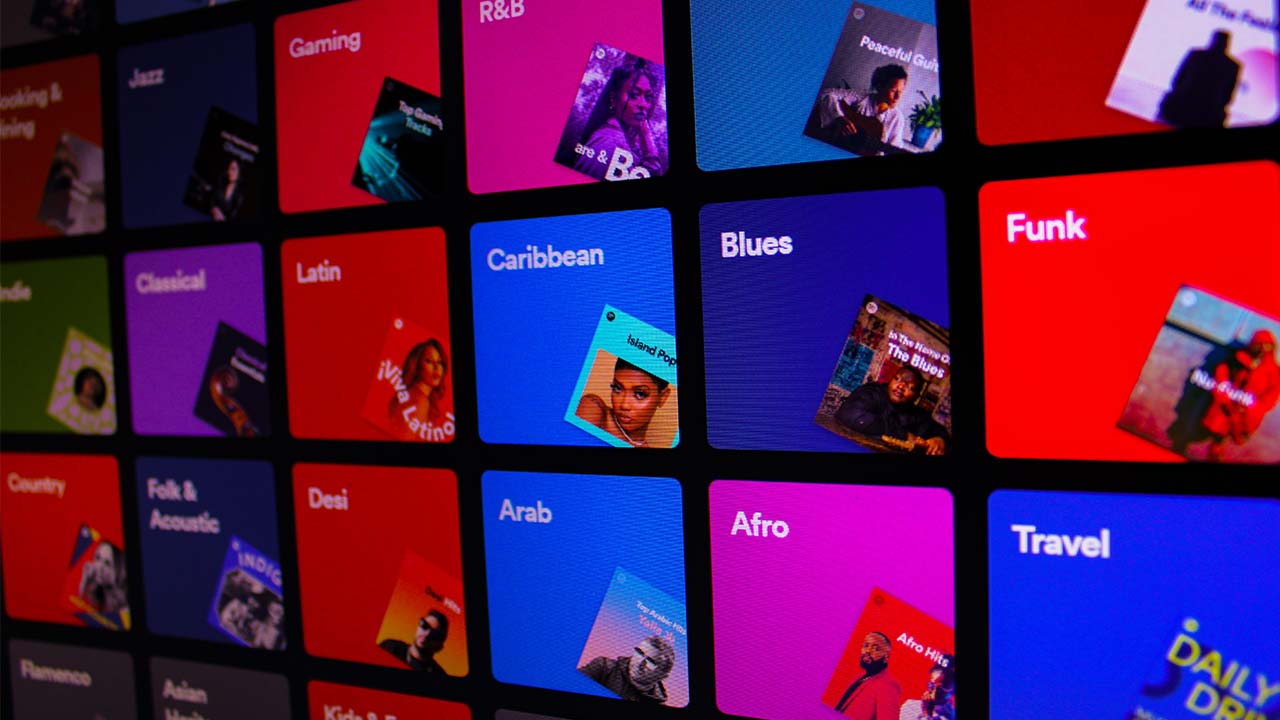
There are two ways when it comes to getting ISRC codes; the easy way and the hard way.
If you’re trying to pursue music as a career, you’re most definitely looking forward to releasing your songs on major streaming platforms like Spotify and Apple Music. In case no one has told you already, uploading music directly on these services is not an option. You’d need a music distributor to work as a middleman between you and these streaming services. TuneCore and DistroKid are two of the biggest names in this industry, I’ve reviewed them thoroughly in another post.
One of the many benefits of working with a music distributor is that they get ISRC codes for your songs. Each song you submit to a distributor for Spotify/Apple Music release will automatically have its own unique ISRC code before it is published globally.
Once your song is up on streaming websites, you can use IFPI’s search tool to find the ISRC code for that song. It should also be available on your music distributor’s website.
Another way to get an ISRC code is to contact your national ISRC agency. Depending on where you live, they might offer different methods and services, but they’ll guide you on how you can register your songs and get ISRC codes for each. I've never one through the experience of getting an ISRC code with an agency, I've always done it through my DSP, also known as your music distributor. By the way, I can offer you a 20% discount to TuneCore or a 7% discount to DistroKid.
Typically these ISRC companies or agencies would require you to sign up as a registrant. It will come with a one-time fee while signing up. Then, you can upload as many songs as you want and receive ISRC codes for them.
For independent musicians, it’s just easier to send your songs to a distributor and let them take care of ISRC codes for you. That's exactly what I do as an independent artist. If you're interesting in learning more about how to navigate your career as an indie artist then be sure to subscribe to my YouTube channel. I have a ton of free tutorials that will set you on the right track and answer any of the common questions you'll get on your journey.






